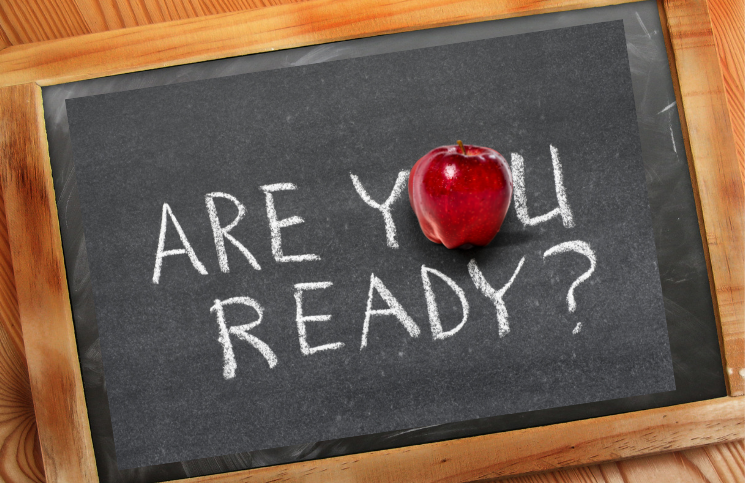by Eileen Wedegartner, Blended Learning Specialist
It goes beyond quantitative data points
Measuring “college readiness” is quite the conundrum. Some say it is about test scores, class rank, SAT and GPA. But I think it goes beyond those quantitative data points. While they are all important indicators of skill, there are other measures that cannot be captured in scores but are inherent in “readiness.” These qualities or capacities include executive function, time management in general, prioritizing work and planning for due dates.
In one of our early college high school programs I was talking to a group of students who are seniors taking between one and three college classes in the high school. My primary role is to provide concurrent academic support to help them handle the college work, which is more demanding than their previous high school courses. During one of my visits, I asked the group how it was going for everyone, as college work can be high-demand and confusing. Some said, “So far, so good.” Some said nothing. One young lady, call her Jen, came up to me afterward with concerns about what was going on in the class.
“Miss,” she said, “it is so confusing. The teacher did not teach us anything for the class. She just started doing the work and told us to take notes.”
As a veteran educator, I realized that the way the student perceives things happening is not necessarily the intention of the teacher. Jen continued, “How am I supposed to know that? We never had that in high school. And I missed a class because no one told me this was happening on Friday and now I feel like I’m already behind. It just seems like it is not fair.”
I took a moment to think about what she had said and how I could help her pick her head up. First, I acknowledged her feelings by saying, “I realize you feel like you have one strike against you already.” Then I added, “But let’s look at it this way: you made a flub and you missed a class and now you need to make amends. As a student the first thing I would do is show the teacher that I have what it takes to be responsible. I would talk to one of my classmates independently, get all the notes and the assignments and complete it all myself.”
“But that is not going to help me,” she protested.
I couldn’t help smiling. I remember the feeling of the shift from high school to college. High school teachers impart the knowledge, plan the lessons and then have students do the work outside of class as additional practice. That’s not how it’s done in college. In college, professors give students the syllabus, tell them when they are supposed to have work or reading done, and expect them to come to class with questions. While this may seem like a subtle shift, it can be a seismic one for students.
I replied, “Well, it may not seem like it will help, but finding out what you missed can help, and doing the work and then following up with questions during the professor’s office hours will show your teacher you are interested in your learning. You can’t get that day back, but the professor will take note that you are being responsible for your learning and I promise you, you will learn more.”
Jen looked at me and said she got it. Then we had a brief conversation about some skills that make for a successful college experience. We discussed that beyond being academically ready, students also need to be ready for that shift in learning style. We took note of a few things that are essential for college success.
- 1. The syllabus is a course bible. Highlight all course information and know when things are due. No one is going to chase you or remind you of assignments.
- 2. You are expected to come to class having read the work and completed the assignments and with your questions ready.
Reluctantly, Jen shrugged and noted, “I am still not going to get that day back and I’m afraid I will miss two more.”
I replied, “For now, you know you have to be here for the other classes. You cannot miss two more and if something happens that makes you miss any more, there are ways to work things out with your professors and advocate for yourself. Do your work, let them know you are doing the work and then if there is an emergency, you have some leverage to ask for help.”
This is a pilot year for the dual enrollment courses and students are already learning about some of the subtle changes in expectations and routines as they transition from high school learners into college students. While no one should underestimate the importance of academic readiness, understanding how expectations shift and maneuvering around that shift is also important for success in college.
At our next meeting, the class worked on the reading and practice that was on the syllabus for the next day. As I floated around, I noticed that Jen had already written questions in her book about some of the work for the next class. I chalked it up as our first key success beyond the academic readiness. Jen had learned a valuable lesson about her responsibility as a learner. I was confident that more such lessons would follow.
Learn more about JFYNet‘s Early College Program.
More on College Readiness can be found here.





